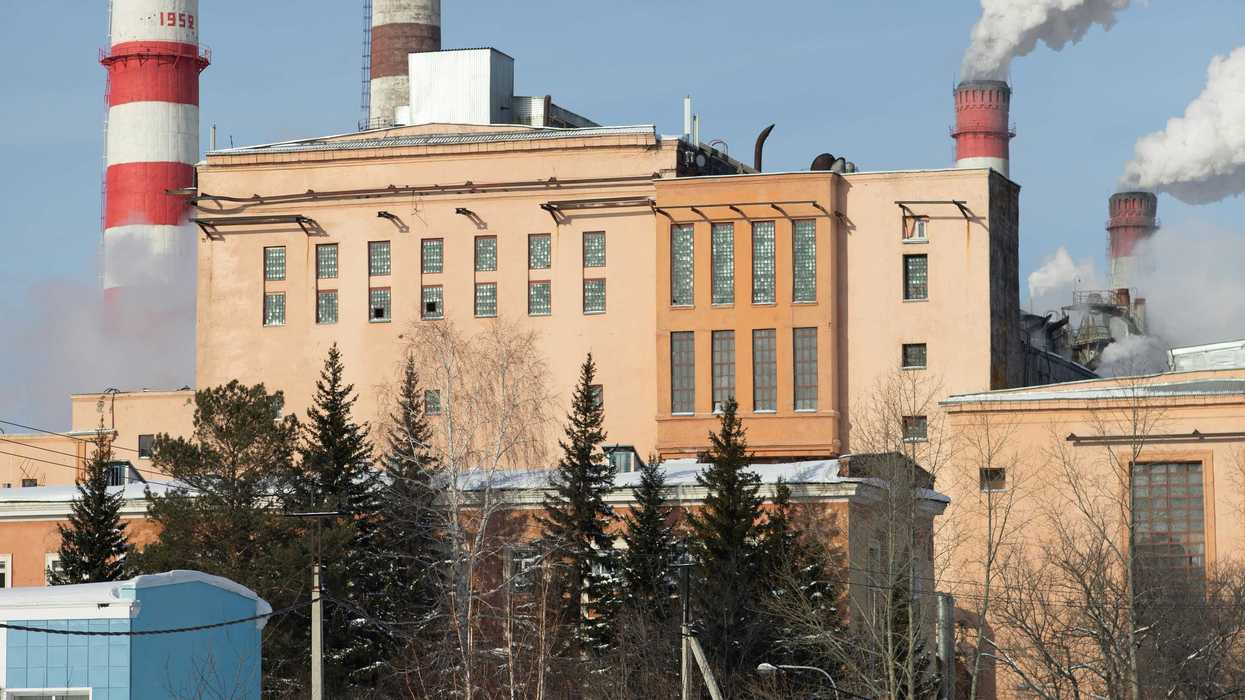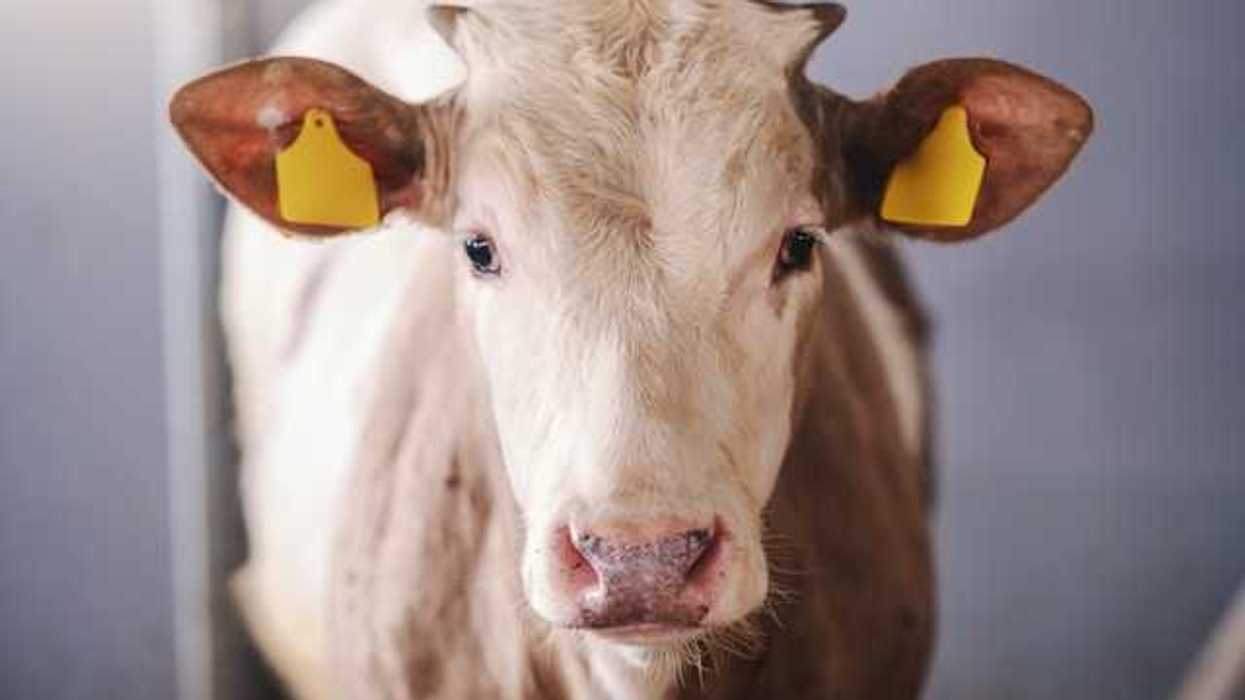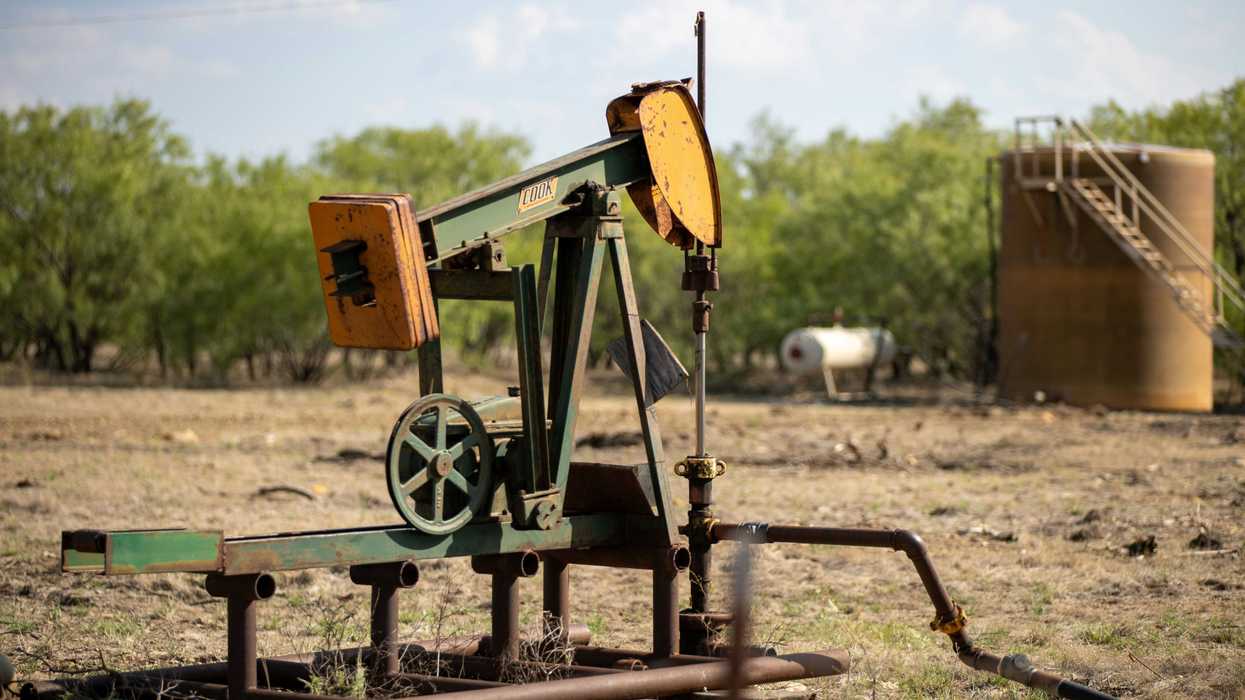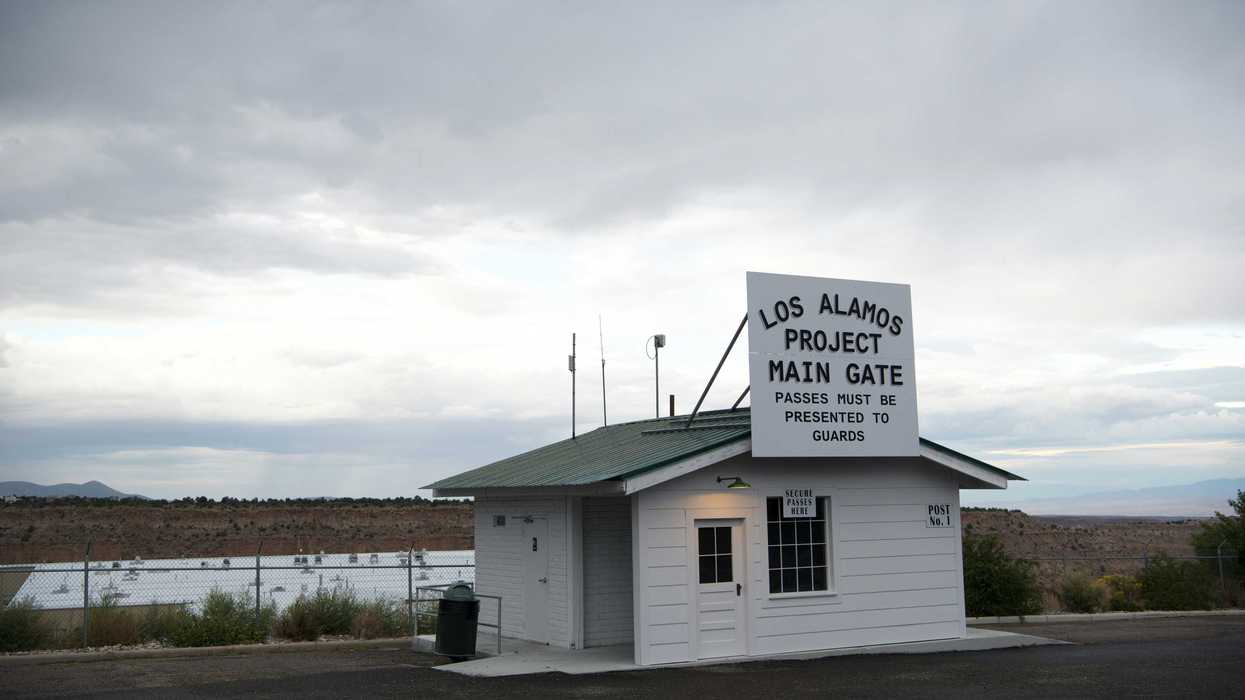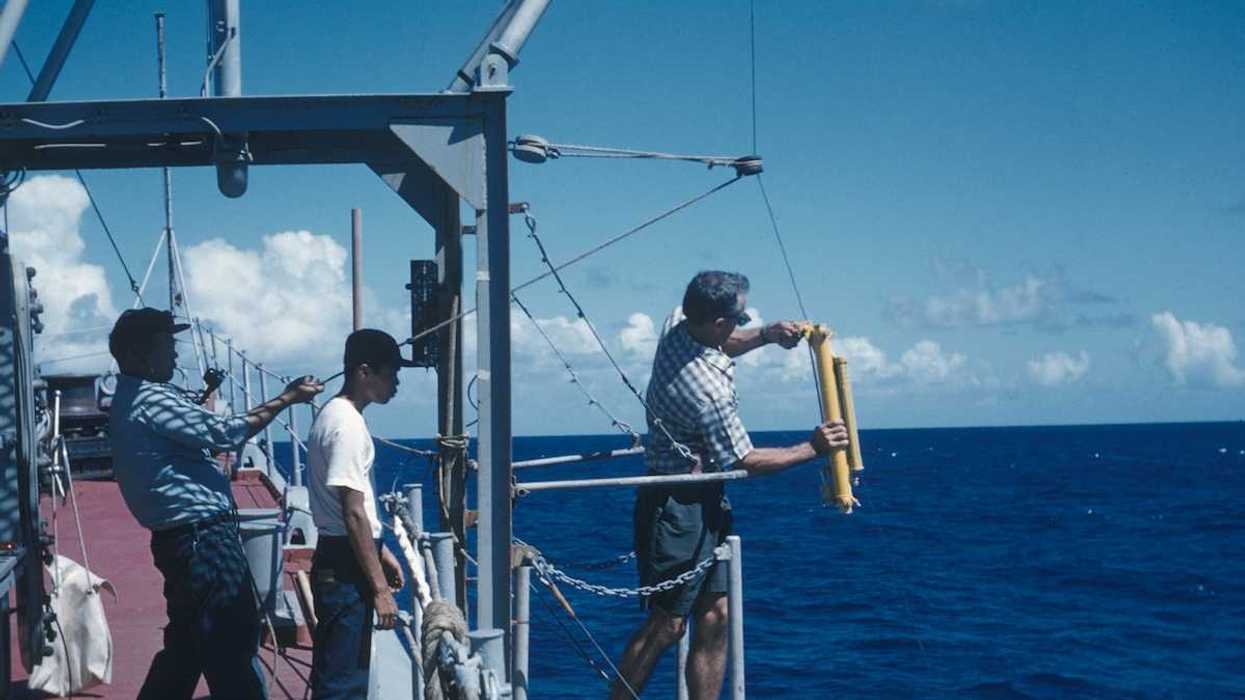The U.S. Environmental Protection Agency (EPA) is considering stricter pollution controls for new gas power plants, aiming for a significant environmental impact.
Maxine Joselow reports for The Washington Post.
In short:
- The EPA may tighten standards for new gas power plants, potentially affecting a large number of facilities across the U.S.
- These discussions arise as the administration reassesses its approach to environmental regulation ahead of the 2024 election, showing a departure from previous policy relaxations.
- The proposed changes could prevent millions of metric tons of carbon emissions annually, marking a substantial stride in the fight against climate change.
Key quote:
“In most places across the country, new renewable sources of power are cheaper than continuing to run a coal plant.”
— Matthew Davis, vice president of federal policy at the League of Conservation Voters
Why this matters:
The Biden administration has taken a significant step toward combating climate change with the proposal of new rules aimed at sharply reducing greenhouse gas emissions from coal- and gas-fired power plants, the second-largest source of such pollution in the U.S. These rules, hailed as the administration's most ambitious climate effort to date, could compel power plants to either drastically cut their emissions by 90% between 2035 and 2040 or shut down.
In 2019, Derrick Z. Jackson wrote that the natural gas industry is on an aggressive public relations tear to convince Americans that for decades to come, it is the "bridge" between coal and renewable energy.


